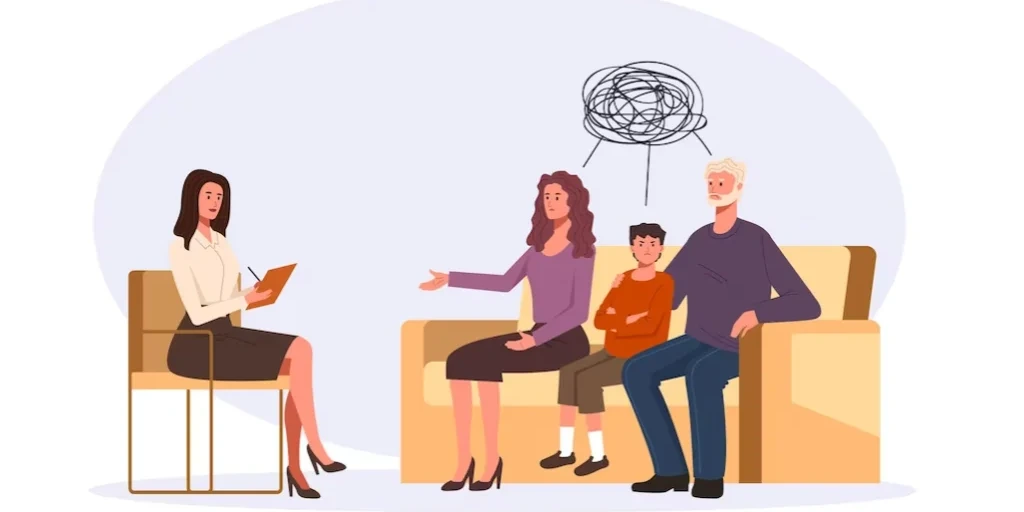24/7 Helpline:
(866) 899-221924/7 Helpline:
(866) 899-2219
Learn more about 12 Step Rehab centers in Marion
12 Step Rehab in Other Cities

Other Insurance Options

Health Choice

WellPoint

CareSource

Humana

Evernorth

BHS | Behavioral Health Systems

Choice Care Network

Optum

Lucent

BlueCross

BlueShield

GEHA

MHNNet Behavioral Health

Ambetter

Regence

Providence

Aetna

EmblemHealth

Private insurance

State Farm


































SUWS of the Carolinas
SUWS of the Carolinas offers residential treatment for individuals with alcohol and/or substance add...

Recovery Ventures Corporation
Located in Old Fort, North Carolina, Recovery Ventures Corporation provides alcohol and drug rehab s...








